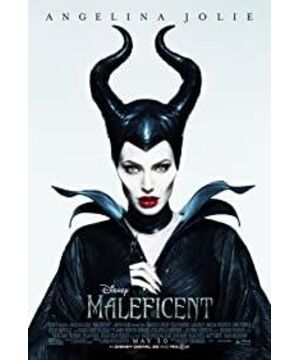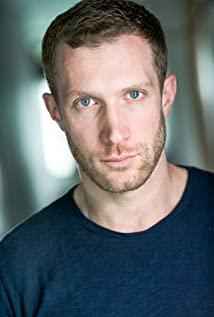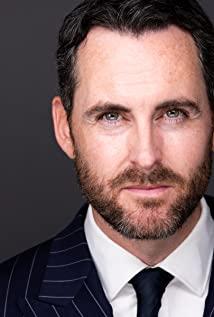However, while appreciating Angelina Jolie’s wonderful performance, I can’t help but notice some things that are not quite right behind the seemingly perfect ending.
The despair and anger that Marlene Fissen found after her wings were stolen by her former lover Stephen almost made me cry on the spot; and even more infuriating than the injury itself was the face of Stephen's vested interests: He comfortably enjoyed everything he had acquired with the wings of Maleficent. Not only did he never realize his fault, but he always looked at Maleficent as a victim and a spokesperson for justice, as if she was his good life. The saboteurs, the sinners who should be taken away by the entire kingdom and the nest together, perfectly explain what a thief calls and catches a thief. Therefore, when I heard the remorseful remarks before Marlene Fissen kissed the princess and awakened the princess, I felt quite uncomfortable: the real thief still shouted to catch the thief until the moment he died, but the victim was normal after suffering injury and injustice. He condemned himself for his reaction. Perhaps in the eyes of many viewers, this is a touching salvation, and even the essence of the whole film (some film reviews that I saw later also confirmed this), but I really don't agree with the person who has always kept the soul chicken soup away.
I thought that towards the end of the film, Marlene Fissen would have an extremely wonderful confrontation with Stephen, just like Tyrion's unfair trial in the fourth season of "A Song of Ice and Fire" to everyone present. Like fierce submissions, they smashed all those whitewashing things in front of the world. However, the expected confrontation did not appear, and the disputes that were full of unfairness were not really resolved, but ended unclearly under the cover of great true love; although in the end Marlene Fissen got her wings back. And unified the forest and the kingdom, and also added a daughter wearing a crown, but I always feel that something is missing in this ending.
True love can awaken the sleeping princess, but it can't take on the important task of the master key. Since we are determined to get out of the ivory tower of traditional fairy tales, it will inevitably involve contradictions between male power and women, mainstream and heretics, systems and individuals, powerful/vested interests and disadvantaged groups, and these contradictions are not true love at all. A few cute mascots can be fooled. This is exactly the problem facing Disney in the post-fairy tale era: how to grasp the "degree" of deconstructing fairy tales? Under the Disney-style theme style and plot structure, it is quite difficult to truthfully show these fierce conflicts and thoroughly let the villains who have always been suppressed speak out and express their protest. It would be perfunctory to use the mash-up "the world is stable and the years are quiet" to dilute the apparently sharp contradictions. "Frozen" is successful, in a sense, it can be said that it not only breaks through the traditional fairy tale routine from the perspective of feminism, but also chooses to stop in the face of the above contradictions; and "Sleeping Curse" "What is not easy to control is that the involvement in these contradictions is deeper than the former.
I am not writing this film review to criticize Disney. On the contrary, Disney's progress in the creation of female characters and the definition of true love over the years is simply amazing to me. However, some of the problems that have gradually surfaced under our gaze may be the time to face.
Disney, come on.
View more about Maleficent reviews











